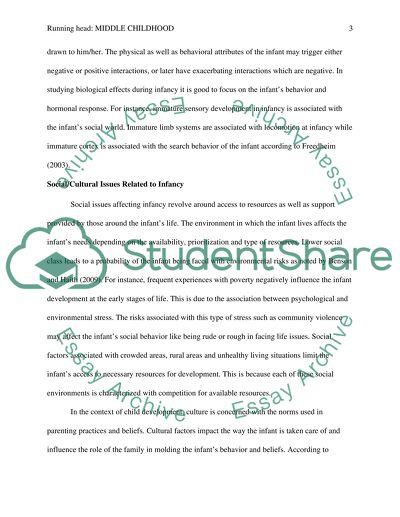Cite this document
(“Middle Childhood Research Paper Example | Topics and Well Written Essays - 1750 words”, n.d.)
Retrieved from https://studentshare.org/family-consumer-science/1415004-middle-childhood
Retrieved from https://studentshare.org/family-consumer-science/1415004-middle-childhood
(Middle Childhood Research Paper Example | Topics and Well Written Essays - 1750 Words)
https://studentshare.org/family-consumer-science/1415004-middle-childhood.
https://studentshare.org/family-consumer-science/1415004-middle-childhood.
“Middle Childhood Research Paper Example | Topics and Well Written Essays - 1750 Words”, n.d. https://studentshare.org/family-consumer-science/1415004-middle-childhood.


